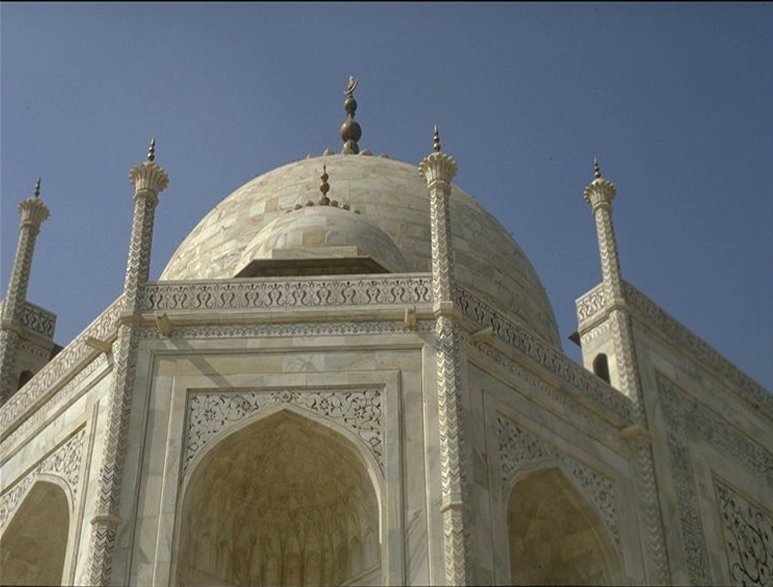Taj Mahal Film Theme
- Posted in:Admin
- 05/06/18
- 6
Agra is the city of the Taj Mahal, in the north state of, some 200 km from. Agra has three sites, the Taj Mahal and the Agra Fort in the city and nearby. There are also many other buildings and tombs from Agra's days of glory as the capital of the Mughal Empire. The city has little else to recommend it. Pollution, especially smog and litter, is rampant and travellers are pestered by swarms of touts and hawkers at every monument, mosque, temple or palace. That said, the sites are some of the wonders of the world and no trip to India is complete without at least one visit to the Taj.
Taj Mahal is a 1999 Tamil film directed by Bharathiraja. The film featured the director's son, Manoj, alongside fellow debutant Riya Sen in the lead roles, with an ensemble supporting cast including Revathi, Radhika and Ranjitha. The film's story was written by Mani Ratnam while music was composed by A.R.Rahman and B. Sathyu), which is somewhat historical but also deals with the theme of Partition (see below) but this time only in the context of a Muslim family. Salim (Balraj Sahni) walks by the Taj Mahal, an image that emphasises the film's theme that the Muslim community is part of Indian society rather than that of the new state of.


Apr 13, 2017. Earth Day April 22nd 2017 Tribeca Film Festival. Documentary directed by Marine Artist Wyland. Blues Planet: Triptych explores the Gulf Oil Spill disaster and its aftermath through environmental artist Wyland who, along with 30 of today's pre-eminent artists, recorded a new genre of global blues on the.
Understand [ ] Due to the very high number of tourists, Agra is a breeding ground for touts and people looking to separate you from your money. People from all over the world visit Agra to see India's most famous building - the Taj Mahal.
While Agra's golden age was as the capital of the Mughal empire between 1526 and 1658, the city was founded much earlier. Driver Global Tv 7131 Windows 7. The earliest reference to Agra is in the ancient epic, the Mahabharata, while Ptolemy was the first person to call it by its modern name. The recorded history of Agra begins around the 11th century, and over the next 500 years, the city changed hands between various kings, both Hindu and Muslim.